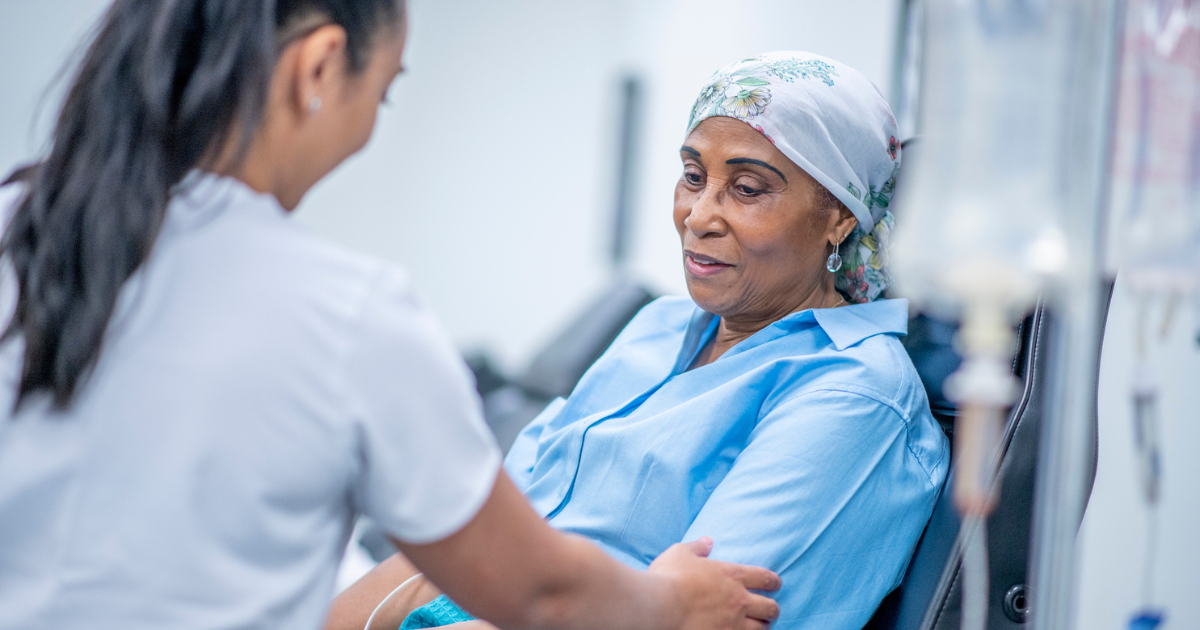Is there a shortage of cancer drugs?

In recent months, multiple cancer drugs have been in short supply in the United States. While the Food and Drug Administration and the American Society of Clinical Oncology have been working to resolve the shortages, patients with cancer are understandably concerned about getting the cancer treatment drugs they need and the amount required when the time comes.
Recently, we met with Nebraska Medicine clinical oncology pharmacist Nikki Yost, PharmD, to discuss commonly asked questions, including how the pharmacy team responds to drug shortages when they occur.
Is there currently a cancer drug shortage?
Two platinum-related drugs are currently in short supply. Cisplatin and carboplatin (mainstays of many cancer therapies) have been particularly affected. These drugs are often used to treat gynecologic, breast, testicular, bladder, head and neck and nonsmall-cell lung cancers.
“Our patient’s treatment and timely, safe therapies are our top concern,” says Dr. Yost. “We do our best to be proactive and work to mitigate concern before it even appears. We are doing everything we can to plan ahead to ensure we have adequate supply. We communicate with provider teams consistently so patients feel the least amount of impact as possible.”
Why do drug shortages occur?
It’s not typically one factor or another that causes a drug shortage. The current deficit has been reported to be due to a supply chain interruption. However, multiple factors are usually at play.
“There are certain factors we can control while others we can’t control,” says Dr. Yost. “Shortages can occur due to difficulty in obtaining raw materials, problems with compliance, interruptions with manufacturing, severe weather interruptions, or even staffing shortages.”
Will chemotherapy treatments be revised until the shortage is resolved?
Nebraska Medicine has processes in place to plan and prepare for drug shortages. “Within our pharmacy, we have a shortage team that meets twice weekly to address drug shortages,” says Dr. Yost. “This team keeps a close eye on these situations and works proactively to manage and resolve through communication, strategy, education, and safety to ensure we provide the highest quality care for our patients.”
What is your advice for patients concerned about the drug shortage?
Every patient’s situation is unique, so regularly having an open conversation with your doctors is essential. In addition, having a multidisciplinary team working together on your behalf is a distinct advantage. Patients receiving cancer treatment with Nebraska Medicine can rest assured that a pharmacist is on their care team actively working on solutions.
“Our ultimate goal is to have pharmacists in every transition of care, and we’re all working in collaboration to care for patients no matter where they are being seen,” adds Dr. Yost. “I would encourage patients to discuss their questions and concerns with their care team. Several alternative therapies may be available if a drug shortage impacts them, and an alternate may be just as effective as their current treatment.”







